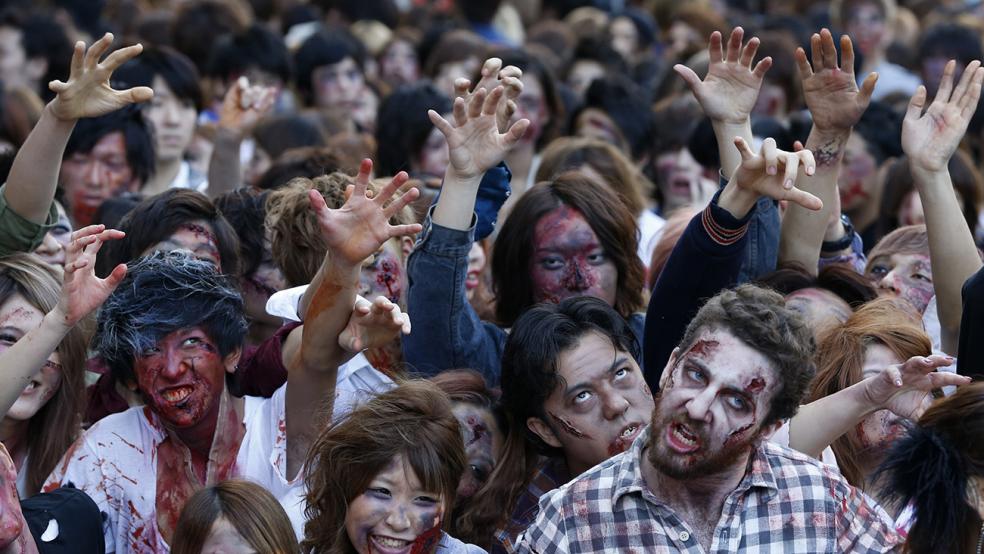In one of Washington’s less appealing year-end rituals, lawmakers have once again passed a package of tax extenders – special tax breaks aimed at specific industries, such as race-track owners, craft-beer brewers and short-line railroad operators. The Wall Street Journal’s Richard Rubin on Wednesday took a look at this year’s all-too-inevitable extenders – called that because they extend what are supposed to be temporary tax breaks into the next year and sometimes beyond – while searching for the reason they persist. Here’s Rubin’s general take:
“Extenders have been around for decades, and the incentive to keep them alive is just too strong. Short-term extensions let lawmakers hide the true cost of tax breaks, and the $54 billion, 10-year estimate for this week’s deal would be much larger if it assumed the breaks would get extended again and again. Passing a last-minute package also reduces scrutiny of individual breaks.”
But there’s an even simpler way to express the logic of the annual extender ritual, provided to Rubin by a former Republican House aide who now works as a lobbyist: “It is not easy to convince Congress to just take something away from a constituent without offering something in exchange.”
In other words, once granted, the industry-specific tax breaks are seen as a possession, a thing of value that will be experienced as a loss if taken away. And, as critics have long decried, lawmakers are much better at providing new benefits than taking away old ones.
In any event, the tax extenders, which some critics thought might finally bite the dust amid the partisan rancor in Washington this year, will once again live to see the New Year. Their vitality inspired Rep. Kevin Brady (R-TX) to tweet Tuesday, “When I die, sprinkle my ashes over the extenders - so I live thru eternity.”




